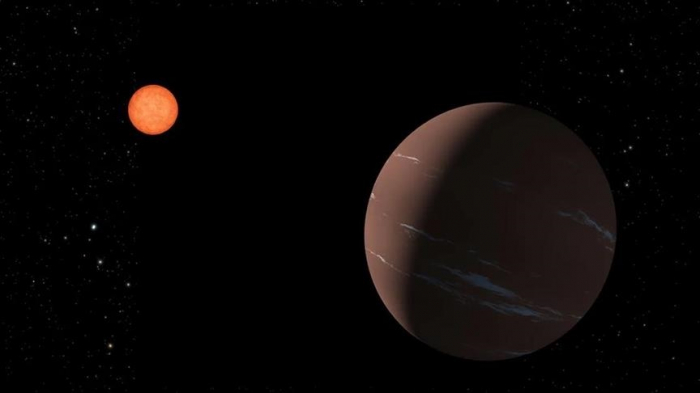Scientists have discovered a "Super-Earth," an exoplanet orbiting in the “habitable zone” around a Red Dwarf Star named TOI-715, which is 137 light-years away from our planet.
In an official announcement this week, NASA said the planet TOI-715b, which is 1.5 times wider than Earth, orbits in the habitable zone around its star at a distance that would allow it to complete one cycle around it every 19 days.
Liquid water could theoretically form on its surface due to being within the star’s “habitable zone.”
The statement pointed that another planet, most likely similar in size to Earth, could exist within the system to which TOI-715b belongs.
The discovery of the exoplanet was made by an international team of scientists led by Dr. Georgina Dransfield from the University of Birmingham utilizing the Transiting Exoplanet Survey Satellite (TESS).
The research also concluded that the Red Dwarf Star to which the "Super-Earth" exoplanet belongs is smaller and cooler than the Sun, and such stars are known to host rocky planets in their orbits.
TOI-715b can be observed more frequently because it completes one orbit around its star in only 19 days, which is equivalent to a year.
The research also noted that if another planet is detected within the system centered around the star TOI-715, it could potentially be the smallest planet in the habitable zone discovered by TESS.
The research was published in the scientific journal Monthly Notices of the Royal Astronomical Society.
More about: #Earth
















































